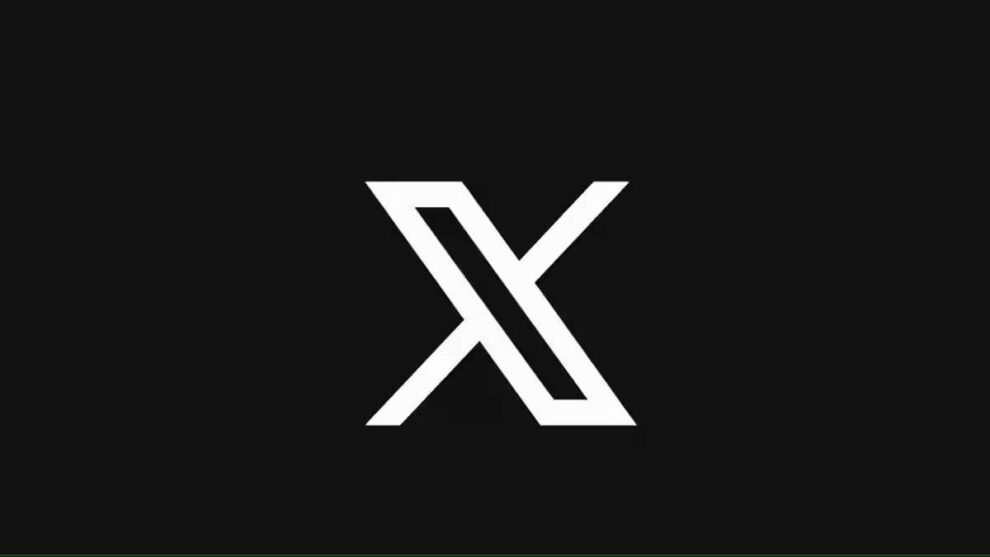In a surprising turn of events, Elon Musk’s Starlink, the satellite internet service, has threatened to block access to X (formerly Twitter) in Brazil if the social media giant doesn’t comply with certain demands. The move has raised eyebrows, prompting questions about the interplay of power, technology, and Musk’s influence in the digital sphere.
The Controversy Unfolds
On August 25, 2023, Starlink sent a letter to X, warning that it would block access to the platform in Brazil if X failed to meet specific, undisclosed conditions. While the exact nature of these demands remains unclear, speculation is rife that they center around data sharing or content moderation policies.
The news sent shockwaves through the tech world, raising concerns about potential censorship and the power dynamics at play. Critics argue that Starlink’s actions could set a dangerous precedent, where internet service providers dictate access to specific platforms based on their own agendas.
The Power Play
The Starlink-X standoff underscores Elon Musk’s immense influence. As the CEO of both SpaceX (Starlink’s parent company) and X, Musk wields considerable power in the tech and communications sectors. His willingness to use this leverage to exert control over online platforms has sparked debate about the potential for monopolistic practices.
The Brazilian Context
The situation is further complicated by Brazil’s unique political and social landscape. The country has a history of grappling with issues related to internet freedom and censorship. The threat of X being blocked has reignited these concerns, with many fearing that it could stifle free speech and limit access to information.
The Implications
The Starlink-X saga raises several critical questions:
- Censorship and Control: Does Starlink’s action constitute a form of censorship? Can internet service providers dictate access to specific platforms?
- Power Dynamics: What does this reveal about the power dynamics in the tech industry? Is Elon Musk wielding his influence responsibly?
- Internet Freedom: What are the implications for internet freedom and access to information, particularly in countries like Brazil?
The Way Forward
As the standoff continues, the world watches with bated breath. The outcome of this power play will likely have far-reaching consequences for the future of the internet, free speech, and the balance of power in the digital realm.
Unpacking the Issues
- The Speculated Demands: While Starlink’s exact demands remain confidential, sources suggest they may pertain to:
- Data Sharing: Starlink could be seeking access to X’s user data for various purposes, including market research or targeted advertising.
- Content Moderation: Starlink may be pressuring X to adopt stricter content moderation policies, particularly regarding misinformation and hate speech.
- The Potential Impact on Brazil:
- Limited Access to Information: Blocking X could deprive millions of Brazilians of a vital platform for news, communication, and social engagement.
- Economic Consequences: The move could also impact businesses and individuals who rely on X for their livelihoods.
- Political Ramifications: The potential for censorship could further complicate Brazil’s ongoing struggle to balance internet freedom with the need to combat misinformation and hate speech.
My Perspective
As someone who closely follows the tech industry, I find this situation deeply concerning. While I understand the need for responsible content moderation and data management, I believe that internet service providers should not have the power to unilaterally block access to specific platforms.
Elon Musk’s actions raise serious questions about the concentration of power in the tech industry. We need to have a broader conversation about the role of tech giants and the need for greater transparency and accountability.
The Starlink-X standoff is a wake-up call. It’s time to rethink the power dynamics in the digital world and ensure that the internet remains a platform for free expression and open access to bated breath.
The clash between Starlink and X is a high-stakes power play with far-reaching implications. It’s a stark reminder that the internet, once hailed as a democratizing force, is increasingly controlled by a handful of powerful corporations and individuals. The outcome of this standoff will shape the future of the internet and the balance of power in the digital age.








